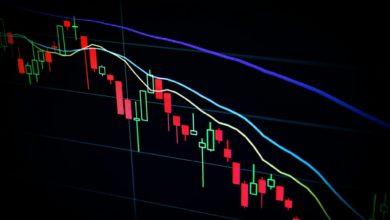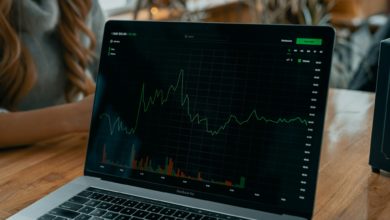U.S. Consumer Sentiment Dips as Inflation Concerns Grow
American consumer confidence fell in August for the first time in four months, according to the latest University of Michigan survey, showing growing unease about rising prices and the job market. The overall sentiment index dropped 5% from July, signaling a cautious mood among households even as retail spending continues at a moderate pace.
Year-ahead inflation expectations jumped to 4.9% from 4.5% last month, marking the highest level since early 2024. Economists suggest that this shift reflects consumer apprehension following hotter-than-expected wholesale inflation data released this week, which indicates that price pressures could continue in the coming months.
Inflation Worries Take Center Stage
Consumers across all demographics reported heightened concern over inflation. Core inflation, which excludes food and energy, rose 0.3% between June and July, the largest monthly gain in half a year. While annual inflation has remained near 3% so far this year, the uptick in expectations suggests that households anticipate faster price increases ahead.
Joanne Hsu, director of the University of Michigan survey, noted that although Americans are worried about rising prices, fears of a severe economic downturn have eased compared with earlier in the year, when tariff escalations initially rattled markets. “Consumers are no longer bracing for the worst-case scenario for the economy feared in April,” she said, referencing previous trade tensions.
Job Market Concerns
Alongside inflation worries, consumers expect the labor market to weaken. July’s job growth fell short of expectations, with the economy adding just 73,000 nonfarm payrolls compared to the forecast of 104,000. May and June job gains were revised downward, leaving a three-month streak of disappointing employment growth.
Survey data shows that nearly 60% of consumers now anticipate higher unemployment in the year ahead, a share last seen during the Great Recession. For context, that figure was about 32% in 2022 and as recently as November 2024. The combination of rising inflation and labor market concerns is contributing to a more cautious consumer outlook.
Resilience in Spending
Despite growing anxiety over prices and jobs, Americans continue to spend. Retail sales in July rose 0.5% month-over-month, signaling that households are still willing to use credit and maintain consumption. Analysts note that while the pace of spending may slow if inflation accelerates further, the current data suggests that consumer activity remains a stabilizing force for the U.S. economy.
Looking Ahead
Investors and policymakers will closely monitor upcoming inflation reports and labor market data for clues about the Federal Reserve’s next moves. With consumer sentiment softening and inflation expectations climbing, financial markets may experience heightened volatility as traders assess the likelihood of further rate adjustments. For households, the next few months could bring a delicate balance between ongoing spending and caution in response to rising prices.




